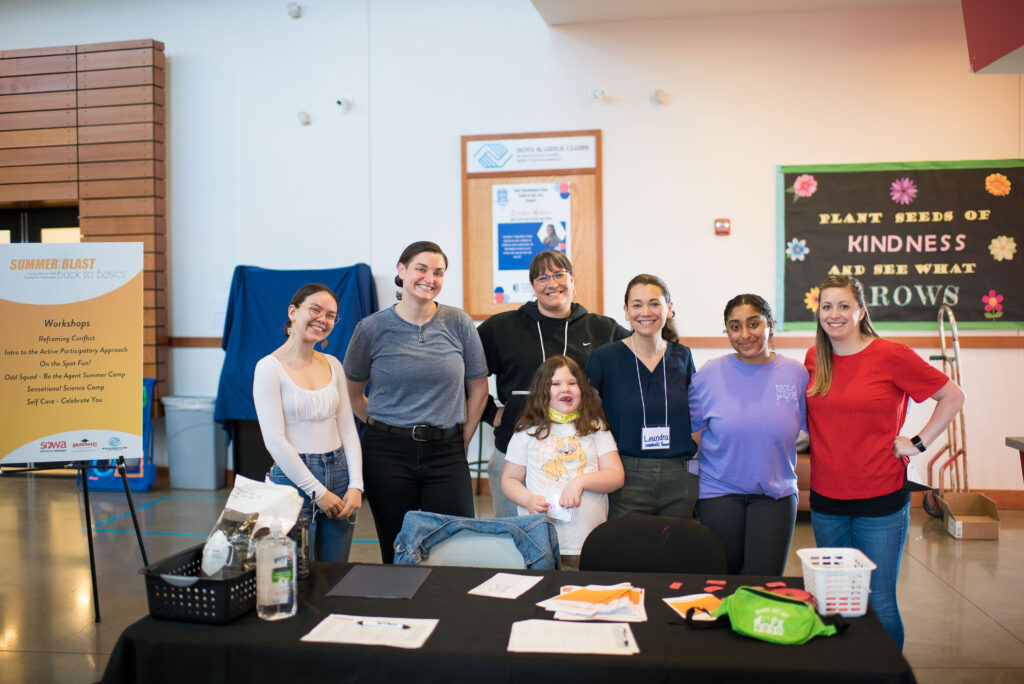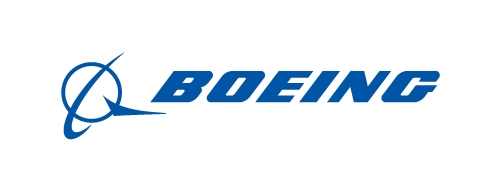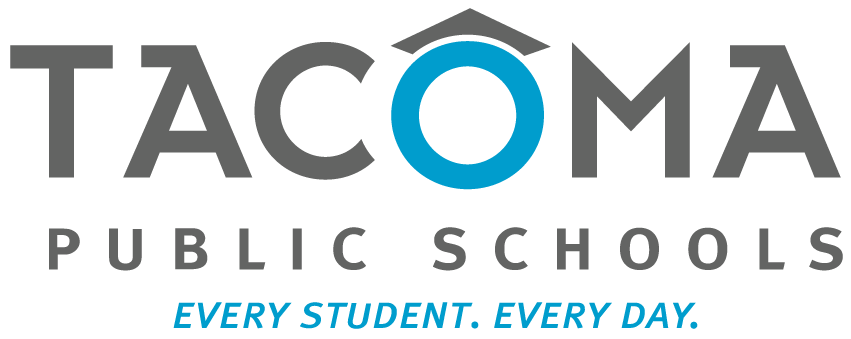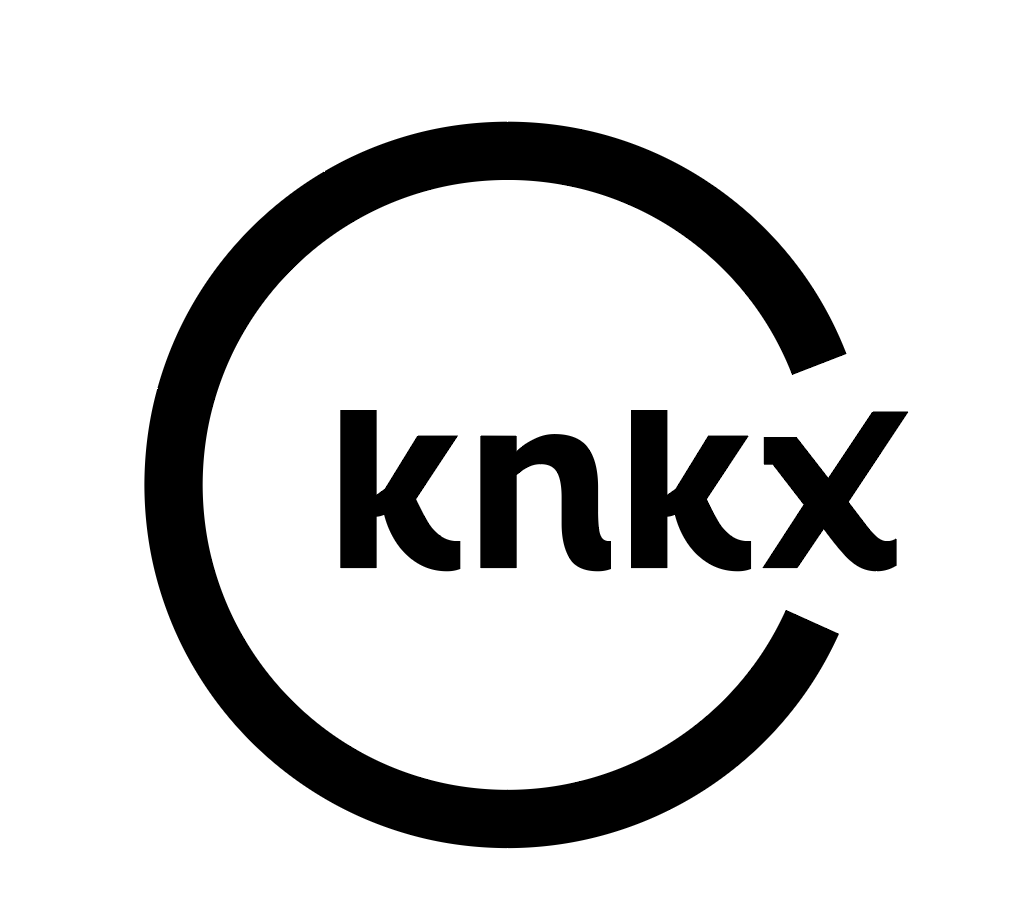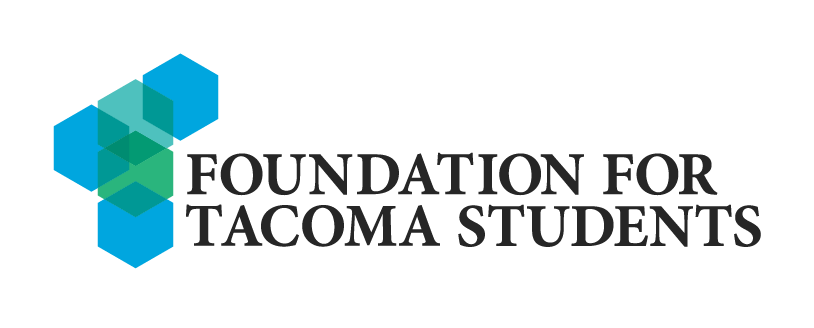This blog series spotlights the ten policy recommendations from our latest Making the Case Report: A Policy Blueprint to Increase Financial Aid Uptake. Each week, we’ll focus on a key strategy designed to increase FAFSA/WASFA completion and financial aid attainment.
While we explore these specific policy recommendations, our team will continue to track and report on the broader legislative landscape. We’ll keep you updated on bills related to student-centered policies throughout the 60-day session. For a real-time update of relevant bills, please visit our 2024 bill tracker.
In the pursuit of fostering a more inclusive and structured environment for postsecondary education, this policy recommendation establishes “Success Coach” positions at every 2-year and 4-year institution in the state. Success Coaching, distinct from traditional mentoring, offers a formal and goal-oriented approach to guide students through critical aspects of their academic journey, with a particular focus on financial aid applications and enrollment processes. These coaches would be equipped with Financial Aid certification, playing a pivotal role in helping students set and achieve goals, enhance academic skills, and navigate the complexities of financial aid. Success Coaching, supported by robust research, involves proactive interactions aimed at connecting with students before challenges become insurmountable.
Policy Recommendation #5
Create Success Coach positions at every 2 year or 4-year institution to help students follow through on financial aid applications and enrollment.
Success Coaching is an approach that is more formal than mentoring and offers a structured relationship with a “student success coach” built around specific goals. Coaches can play a crucial role in guiding students through the financial aid application and enrollment process, helping them set and achieve goals, and strengthening their academic skills. Success Coaching can enhance the role advisors play in helping students reach their educational and career goals. It involves proactive interactions with students, with the intention of connecting with them before a situation occurs that cannot be fixed. Coaching is not “hand-holding” or parenting, but rather active concern for students’ academic preparation; it is a willingness to assist students in exploring services and programs to improve skills and increase academic motivation. With regards to navigating financial aid application processes, Success Coaches should hold a Financial aid certification, as proposed as a near-term opportunity, and can demystify the process of obtaining financial aid and help students overcome obstacles along the way.
There is a strong research base supporting the efficacy of success coaching, and the legislature should invest in a plan to create multiple success coach positions to be housed at every 2year and 4-year postsecondary institution in the state. WSAC could provide coaches with access to student-level information through the existing FAFSA portal system for students in their institution’s region through which coaches can proactively monitor FAFSA or WASFA submission. Coaches could contact students who have not completed their financial aid applications and encourage them to schedule an appointment to get support. A bold and sustainable investment in building out this professional workforce at a statewide level would go far beyond financial aid process navigation and would also help address more complicated dynamics around building a sense of belonging among students at colleges and universities.
Example
At Dallas College, students are assigned to a single coach, allowing them to develop more meaningful relationships with someone who can help them navigate Dallas College systems without having to bounce around to different people. The student-to-success coach ratio is roughly 350 to one. Some caseloads may be higher or lower depending on the success coach’s role and the type of students they serve.
In its most recent legislative session, the state of Indiana allocated $2.5 million to embed 31 success coaches in higher education institutions across the state. Coaches will focus primarily on getting pre-approved students to complete enrollment, and on first-year retention. Later, they’ll extend that focus to overall student retention, on-time completion, early graduation and even graduate retention— keeping new graduates in Indiana.
The ACES program is a joint advising program in Maryland between Montgomery County Public Schools, Montgomery College, and the Universities at Shady Grove that targets high school students prior to matriculation, connects them with mentors, and supports them through the transition from two- to four year transfer through attainment.

